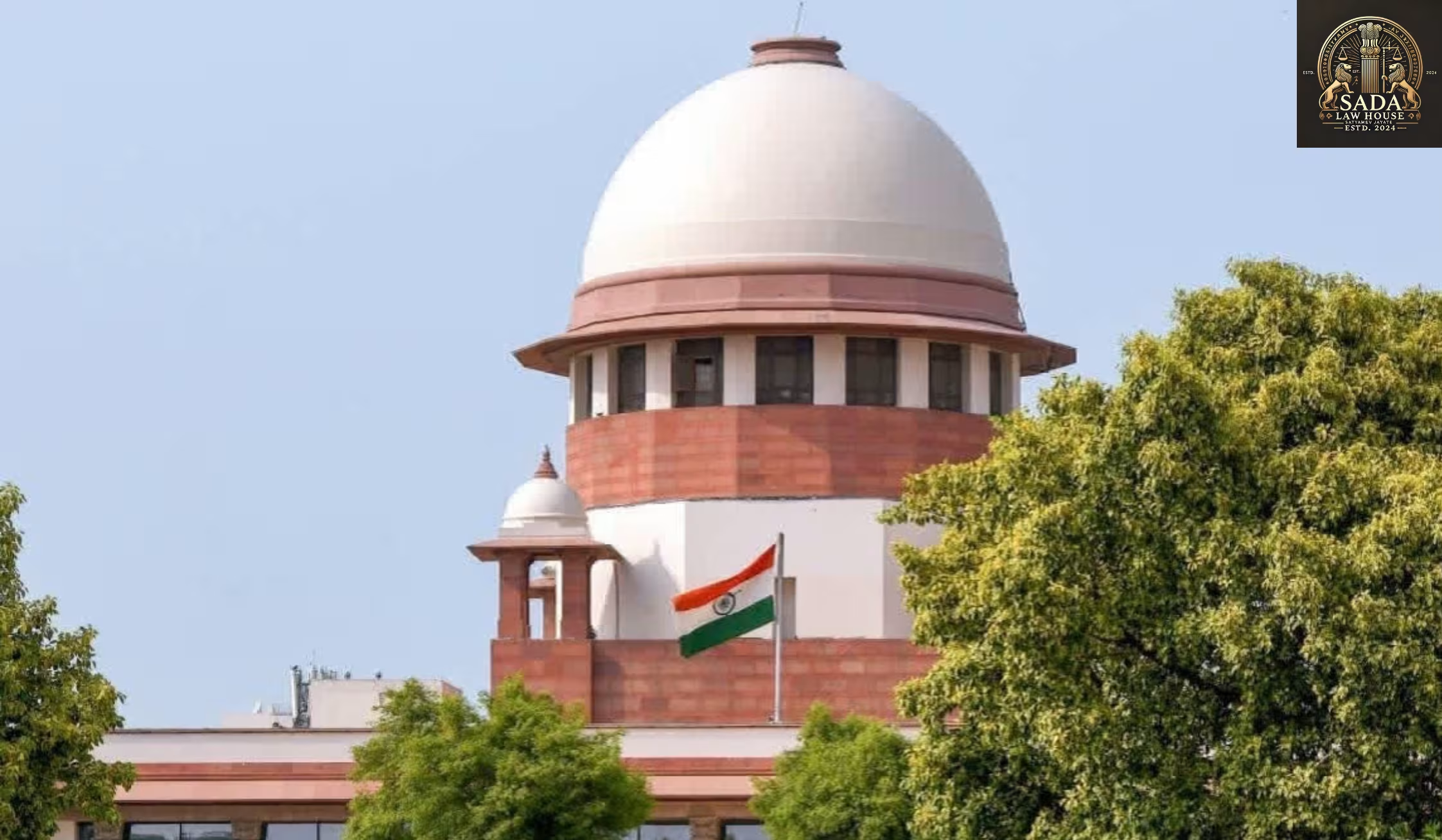Supreme Court Rules Land Registration Isn’t Proof of Ownership: Legal Documentation Still Essential
- Kashish jahan
- 16 June 2025

The Supreme Court of India has ruled that land registration alone doesn’t confirm property ownership. Learn what this means for buyers, lawyers, and the real estate industry.
Landmark Ruling on Property Ownership – What You Need to Know
On June 10, 2025, the Supreme Court of India delivered a pivotal verdict on land and property rights. The Court ruled that land registration, although a legal requirement, does not independently establish ownership of immovable property.
To hold a valid legal title, property holders must present supporting documentation such as sale deeds, inheritance papers, and other proof of entitlement.
Why Land Registration Alone Isn’t Enough
Legal Title Requires Supporting Documentation
This ruling underlines that a registered property title is procedural, not proof of rightful ownership. Ownership must be backed by authentic legal documents in accordance with Indian property law.
Failing to establish a valid chain of ownership can leave buyers vulnerable to future property disputes or litigation.
Implications for Property Buyers and Stakeholders
For homebuyers, real estate agents, lawyers, and financial institutions such as banks, this decision necessitates a stronger focus on due diligence. Land registration must now be seen as one step in a broader legal verification process.
Reducing Risk of Property Disputes
The judgment aims to minimize common issues in the Indian real estate sector, such as:
Use of forged documents
Disputes over title transfer
Misunderstandings around the legal weight of registration
With this ruling, the Supreme Court seeks to strengthen property ownership laws and reduce the legal burden on courts handling land disputes.
Impact on the Real Estate Sector
Tighter Regulations and Compliance Ahead
This verdict is likely to trigger regulatory reform across India’s real estate industry. Key changes may include:
Mandatory title due diligence before property sales
Increased adoption of title insurance
Stricter scrutiny by financial institutions before approving loans
These steps can help build a more secure and transparent property transaction ecosystem.
Key Takeaways for Property Transactions
Land registration is not proof of ownership by itself.
Valid legal documentation is essential to establish property rights.
All parties must engage in comprehensive legal checks before transactions.
The ruling encourages responsible practices across India’s real estate market.
Final Thoughts
The Supreme Court ruling is a game-changer for property law in India. It makes clear that ownership is a legal matter, not just an administrative record. This decision offers greater clarity, helps prevent real estate fraud, and reinforces the need for due diligence in every property deal.
Case Laws






